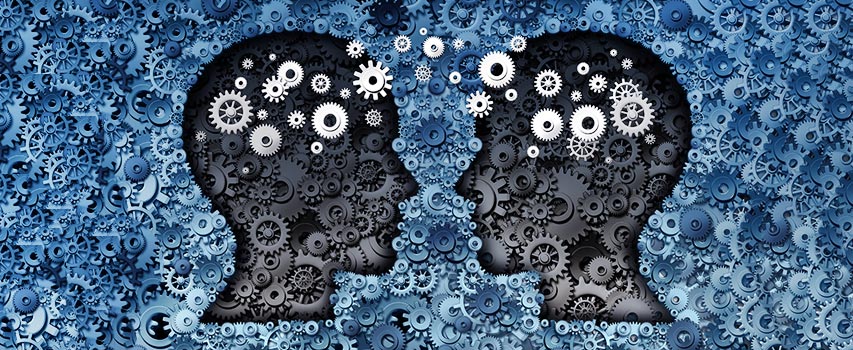The Idea: In his book, The Structure of Scientific Revolutions, released in 1962, scientist Thomas Kuhn famously discovered the phenomenon of the “paradigm shift,” or a moment where enough errors in one’s methodology or results force one to completely reconsider their lens. Kuhn believed a mental model would have to be replaced when the truth of one way of thinking became so weak that it was overhauled and replaced by another. He grew weary of his peers discarding errors in their data rather than embracing the possibility that they were wrong. Sound familiar?
We are in a world where the very best understand that unlearning old habits and overhauling their philosophies is actually a lifeline, not an admittance of guilt. They embrace a practice of unlearning habits that once served them, but today are a detriment.
Warren Buffett has long been a stalwart of consistency. However, labeling him as such belittles his uncanny ability to reconfigure his own lens and generate a paradigm shift. In a letter to Berkshire Hathaway Shareholders he reminds us: “There’s no magic to it…We haven’t succeeded because we have some great, complicated systems or magic formulas we apply or anything of the sort. What we have is just simplicity itself.”
Buffet’s philosophy is very straightforward: simplify everything and don’t try to look so smart. It’s a brilliant mindset for those hoping to challenge their own habits. It keeps his team agile and ready to reassess their methodology whenever necessary. Buffett is the best at asking himself “what’s blocking me?”
Berkshire Hathaway’s Vice Chairman, Charlie Munger, went further: “It is remarkable how much long-term advantage people like us have gotten by trying to be consistently not stupid, instead of trying to be very intelligent.”
Word to the wise: “Quit trying to act so smart.”
What do you need to unlearn? And when is it time to unlearn an old behavior?
Most people wait too long and struggle to let go of old behaviors. It’s natural, but it’s deadly. We must become astute at pattern recognition and determining when an old model (or pattern) is obsolete. We must become good at understanding what we need to unlearn.
In the Harvard Business Review article, “Why the Problem with Learning is Unlearning,” author Mark Bonchek reminds us: “Unlearning is not about forgetting. It’s about the ability to choose an alternative mental model or paradigm. When we learn, we add new skills or knowledge to what we already know. When we unlearn, we step outside the mental model in order to choose a different one.”
One such mental model (or mindset shift) Bonchek offers is instead of “delivering a value proposition” to a client, we should be multi-dimensional in our relationship with them “fulfilling a shared purpose.” That’s a distinctly different mindset, and it forces one to reconsider the deeper (unstated) goals of a relationship.
Bonchek shares three steps to unlearning:
- Recognize that the old mental model is no longer relevant or effective, even if this is scary.
- Find or create a new model that will better achieve your goals.
- Ingrain the new mental habits. Practice and your brain will adapt.
The challenge is to unlearn the philosophies, strategies, and models that hinder you today.
What ideas are outdated or obsolete? What are new philosophies that create new value and competitive advantage?

